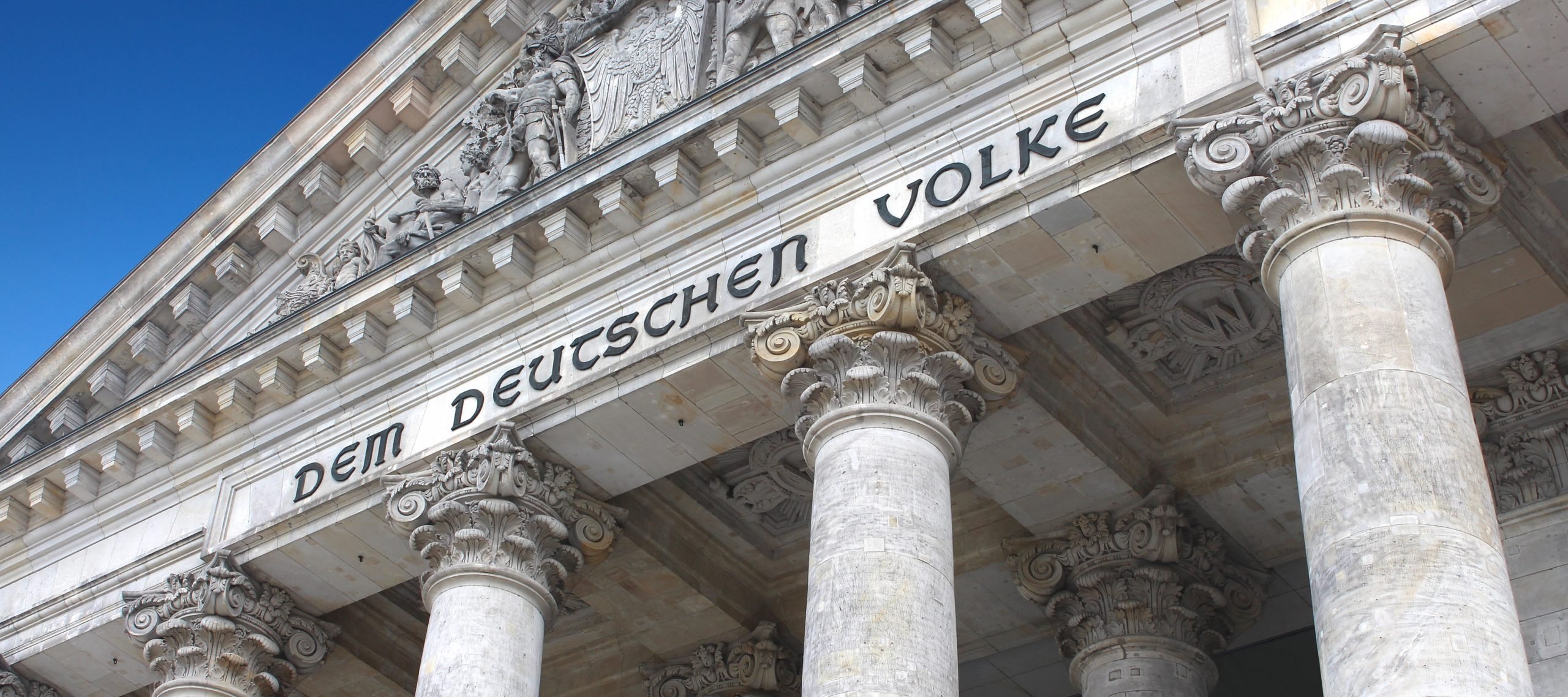In brief
Recently, the Spanish Supreme Court published judgments where it analyzed if the amount of the turnover attributable to certain financial transactions should be included in the pro rata denominator as not incidental.
In addition, the Directorate of Taxes issued a ruling that analyzes the VAT consequences of the rent write-off made by the lessor during the COVID-19 pandemic and a ruling that analyzes the VAT treatment of the services rendered by a social network considering that the consideration received is the user’s data.
Contents
- Spanish Supreme Court sets criteria to respect the inclusion of VAT pro rata on the sale of a subsidiary’s shares and the treatment of derivatives
- Directorate of Taxes issues a tax ruling that analyzes the VAT consequences of the rent write-off made by the lessor during COVID-19
- Directorate of Taxes issues a tax ruling that analyzes the VAT treatment of the services rendered by a social network considering that the consideration received is the user’s data
Spanish Supreme Court sets criteria to respect the inclusion of VAT pro rata on the sale of a subsidiary’s shares and the treatment of derivatives
First, note that Spanish Supreme Court judgments released from July 2016 set criteria about the interpretation of the law and indicate that there is no need to have two repeated judgments on the same issue, as it was required before.
The Spanish Supreme Court recently published the landmark judgment of 18 May 2020 (the Telefonica case) where it analyzed if the amount of the turnover attributable to certain financial transactions should be included in the pro rata denominator as incidental (pursuant to Article 174.2. c) of the EU VAT Directive and the Spanish implementation). Specifically, it addressed whether (i) the sale of a subsidiary’s shares performed by a mixed-activity holding, and (ii) the income derived from certain financial derivatives that cover fluctuations over exchange and interest rates should both be included in the calculation of VAT pro rata.
Sales of shares and ancillary for VAT pro rata
On the one hand, the Spanish Supreme Court concluded that the transactions of selling shares performed by the mixed-activity holding entity are essential and key in its economic activity, bearing in mind that the activity of the mixed-activity holding is to develop group strategic planning. The Supreme Court understood that there is a direct link between the activity of selling a subsidiary’s shares and the activity of developing the group’s strategy, therefore, the sale of the shares cannot be considered incidental activity and must be considered for the VAT pro rata denominator.
That conclusion contrasts with the conclusion reached in a similar situation in the judgment of 2 March 2020 (the Caixabank case). The court stated that the sale of a subsidiary’s shares by a holding entity was incidental and, therefore, it should not be considered for VAT pro rata. It should be noted that in this latter case the subsidiary was an Andorran entity that was sold to another Andorran investor, so the sale could generate the right to deduct VAT, as included in the pro rata numerator and denominator (as a financial supply outside the scope of EU VAT). Although the judgment is not entirely clear, by analyzing the previous judgment of the National Court that was in dispute, it could be inferred that the Supreme Court reached its conclusion because the sale was made due to regulatory restrictions.
By analyzing both judgments at the same time, it could be concluded that this type of subsidiary share sale carried out by a mixed-activity holding, in general terms, is not incidental and should be included in the pro rata denominator. However, if the sale is due to reasons different from the business strategy — for instance, regulatory reasons — the sale will not be considered incidental.
In any case, this is one of the most controversial issues in Spanish VAT and each situation should be studied in depth on a case-by-case basis.
Income generated by derivatives: pro rata and taxable amount
On the other hand, the Spanish Supreme Court concluded in the Telefonica case that the income obtained from financial derivatives is not subject to VAT and, therefore, it should not impact the pro rata. This is because Telefonica (the main telecoms group in Spain) is not an entity that regularly sells financial derivatives; rather it is the recipient of those transactions by means of contracting them to cover exchange/interest rate fluctuations risks. Such criterion was assumed by the Central Economic-Administrative Court in its judgment of 9 June 2020.
In a third judgment issued on 18 May 2020 (another Caixabank case — different from the first one mentioned), the Supreme Court analyzed whether the income generated as a result of certain financial derivatives granted by a financial entity affects the pro rata and which amount should be considered: (i) the total income received; (ii) the gain received in one particular supply; or (iii) the amount arisen to offset the income and expense during a certain period. The court stated that, in the case of a financial entity, the derivatives are subject to VAT and must be included in the pro rata denominator by the gain received in one particular supply, not offsetting the gain with losses from other derivatives.
Directorate of Taxes issues a tax ruling that analyzes the VAT consequences of the rent write-off made by the lessor during COVID-19
The VAT treatment of the rent write-off made by the lessor during the COVID-19 crisis has been one of the hot topics during the last three months. The Directorate of Taxes published a tax ruling that analyzes the VAT treatment of the rent that has been forgiven by the lessor due to COVID-19. First, if the contract is not canceled or modified, the income continues to accrue according to the enforceability and, therefore, VAT is chargeable. Second, it differentiates between a delay on rent payment and total or partial forgiveness.
In the event of total forgiveness, if the contractual conditions have not been modified, this will be treated as a supply of services for consideration (regardless of whether it is free of charge) and the transaction is subject to VAT (pursuant to Article 26.b) of the EU VAT Directive).
However, due to the application of the state of alarm in Spain, it is not possible for the lessee of a business premise to carry out the economic activity that they had been carrying out. The directorate considered that if the lessor forgives the payment of the rent and it is not exceptionally considered to be subject to VAT, it could not generate distortions in the competition (according to Article 26.2) of the EU VAT Directive).
Consequently, such free-of-charge supplies will not be considered subject to VAT when the lessee cannot carry out any economic activity therein by application of the provisions established during the validity of the state of alarm.
Directorate of Taxes issues a tax ruling that analyzes the VAT treatment of the services rendered by a social network considering that the consideration received is the user’s data
In this case, the person asking for the ruling is a user of a social network providing instant messaging services, photo albums and a bulletin board, among other services, from the supplier company. The services are provided without monetary consideration, although by accepting the terms and conditions of registration, the user transfers certain data about their browsing history on the digital platform and this data is used by the social network for profit.
The directorate analyzed, on the one hand, if the transfer of the user’s data is carried out by a VAT entrepreneur and, on the other hand, if the supply of electronic services by the social network is made by way of consideration, although it is of a non-monetary nature.
Regarding the first point, it concluded that the user did not intend to carry out an economic activity or carry out the organization of means characteristic of said activity. Therefore, the transfer of data does not constitute an economic activity for VAT and it is not a taxable supply of services.
In connection with the second point, i.e., the supply of electronic services in exchange for the user’s data, it concluded that the social network offers its services in the same way regardless of the amount of data provided by users or their quality. Therefore, there is no direct link between the provision of electronic services without monetary consideration and the consideration received in the form of personal data, based on the European Court of Justice’s judgment in the Tolsma case. Therefore, this body considers that there is no supply for VAT.



